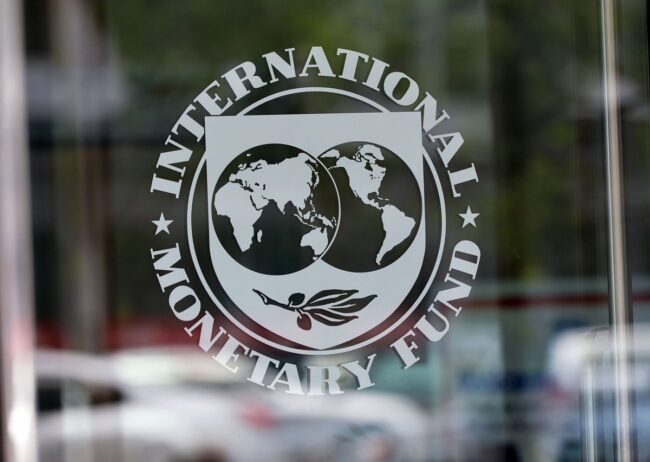The International Monetary Fund (IMF) has projected that all revenue accrued to the federal government in 2020 will be spent on interest repayments.
Jesmin Rahman, IMF’s mission chief and senior resident representative for Nigeria, disclosed the projections while speaking at a webinar hosted by the Nigerian Economic Summit Group (NESG), Fiscal Policy Roundtable and Tax Investment and Competitiveness Policy Commission.
Rahman attributed Nigeria’s fiscal problems to low revenue.
“The first vulnerability comes from having a very low level of fiscal revenues, total revenues at seven percent of GDP is less than half of sub-Saharan Africa’s average and far lower than the averaging oil-exporting countries.
Advertisement
“It is also lower than the minimum threshold of 12 percent which is considered necessary for the government to provide an enabling and growth-enhancing role.
“Interest payments take up a large share of revenues, leaving little resources for everything else this year, in particular, all of the federal government’s revenues are expected to be spent on interest payments.
“This is particularly staggering when we look at how little is spent on education and health.”
Advertisement
Speaking further, Rahman said the fund considers Nigeria’s public debt, including Asset Management Corporation of Nigeria’s debt, stands at 29 percent of GDP; lower than the 53 percent average in other developing and emerging market economies.
“When we do our in-depth analysis, public debt is projected to reach about 37 percent of GDP this year and remains roughly around that level in the medium term,” she said.
“We do various stress scenarios in our debt sustainability analysis and in all of those scenarios, public debt does not go beyond 50 percent of GDP.
“So, I will not say that public debt is having a crisis or that public debt is extremely high. It is really a revenue issue; very low and volatile revenue is what poses a lot of fiscal risks and there are sizable financing risks in the next 12 months.”
Advertisement
Commending the 2019 finance act, the IMF official said Nigeria needs to move on multiple fronts to raise revenue beyond the minimum threshold necessary for government effectiveness.
She listed some of the moves to include improving value-added tax and company income tax efficiency, increasing the percentage of active taxpayers, reducing tax exemptions and raising trust in public institutions to improve tax morale.
According to the medium-term expenditure framework and fiscal strategy (MTEF/FSP) report published by the ministry of finance, budget, and national planning, the debt service to revenue ratio for the first quarter of 2020 was 99 percent.
During the quarter, the federal government’s retained revenue was N950.56 billion while N943.12 billion was expended on debt servicing.
Advertisement
Add a comment







